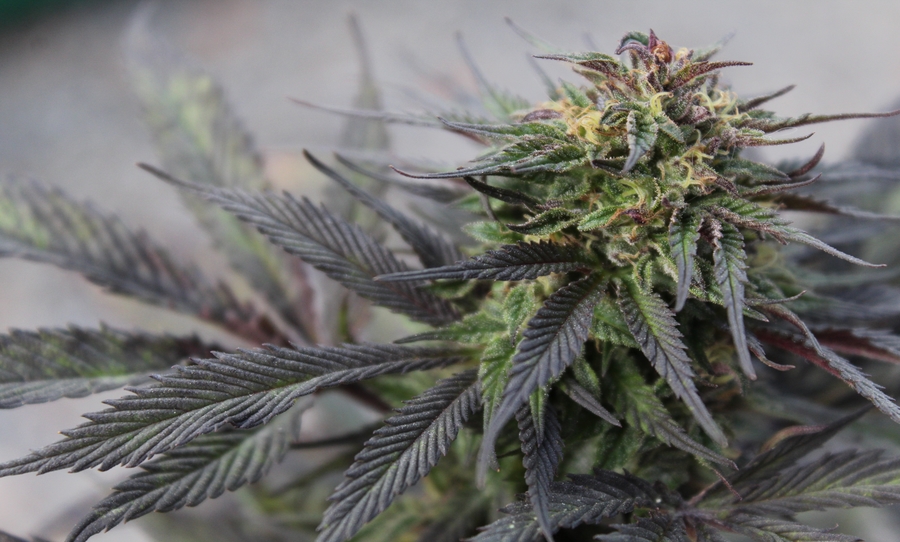Humans have always been fascinated by space, its endless possibilities and mysteries. As soon as humans were finally able to go there, much of the space research focused on the impact of gravity on plants, animals and humans. Last year, NASA even sent semen samples from bulls and men on a SpaceX cargo flight to the International Space Station (ISS). Now, it’s time for weed.
Next spring, a collaboration among Front Range Biosciences, Space Cells USA, and BioServe Space Technologies at the University of Colorado plans to be the first to send plant cultures of coffee and hemp in a SpaceX Dragon capsule perched atop a Falcon 9 rocket to the ISS. Hemp is potentially the world’s most versatile crop in the history of agriculture. It’s cheap, healthy, easy to grow, and carbon negative.

A Colorado company is flying hemp and coffee aboard a SpaceX mission in March. That’s some rare weed.
“This is the first time anyone is researching the effects of microgravity and spaceflight on hemp and coffee cell cultures,” Jonathan Vaught, co-founder and CEO of Front Range Biosciences, said in a statement.
“There is science to support the theory that plants in space experience mutations. This is an opportunity to see whether those mutations hold up once brought back to earth and if there are new commercial applications.”
After a month in space, the 480 plant cell cultures will be returned to earth so Front Range Biosciences can analyse the DNA and evaluate the effects of radiation and microgravity on the plants.
“We are excited to learn more about both hemp and coffee gene expression in microgravity and how that will inform our breeding programs,” Reggie Gaudino, VP of research and development at Front Range, said in a statement.
Ultimately, the results of the research could help growers and scientists identify new varieties or chemical expressions in the plant. This will also allow scientists to better understand how plants manage the stress of space travel and set the stage for a whole new area of research for the industry.
It could also be a good news for the environment. Cannabis is a pretty eco-friendly plant, all things considered, and it can help make dry, damaged land lush again – not to mention absorb carbon from the atmosphere. This research may help design more resilient crops able to survive in places hit hard by climate change.
“These are big ideas we’re pursuing and there’s a massive opportunity to bring to market new chemotypes, as well as plants that can better adapt to drought and cold conditions,” Peter McCullagh, the CEO of space research firm SpaceCells, said in a press release. “We expect to prove through these and other missions that we can adapt the food supply to climate change.”
Front Range Biosciences plans to run more experiments like this. “In the future, we plan for the crew to harvest and preserve the plants at different points in their grow-cycle, so we can analyse which metabolic pathways are turned on and turned off,” Louis Stodieck, director of BioServe Space Technologies at the University of Colorado, Boulder, said in a statement. “This is a fascinating area of study that has considerable potential.”
It’s not the first time cannabis has been sent off-planet. Earlier this year, Space Tango, a Kentucky-based space research company, sent hemp seeds to the ISS via a SpaceX rocket, returned them to earth and started growing them. We’re still waiting for the results.


